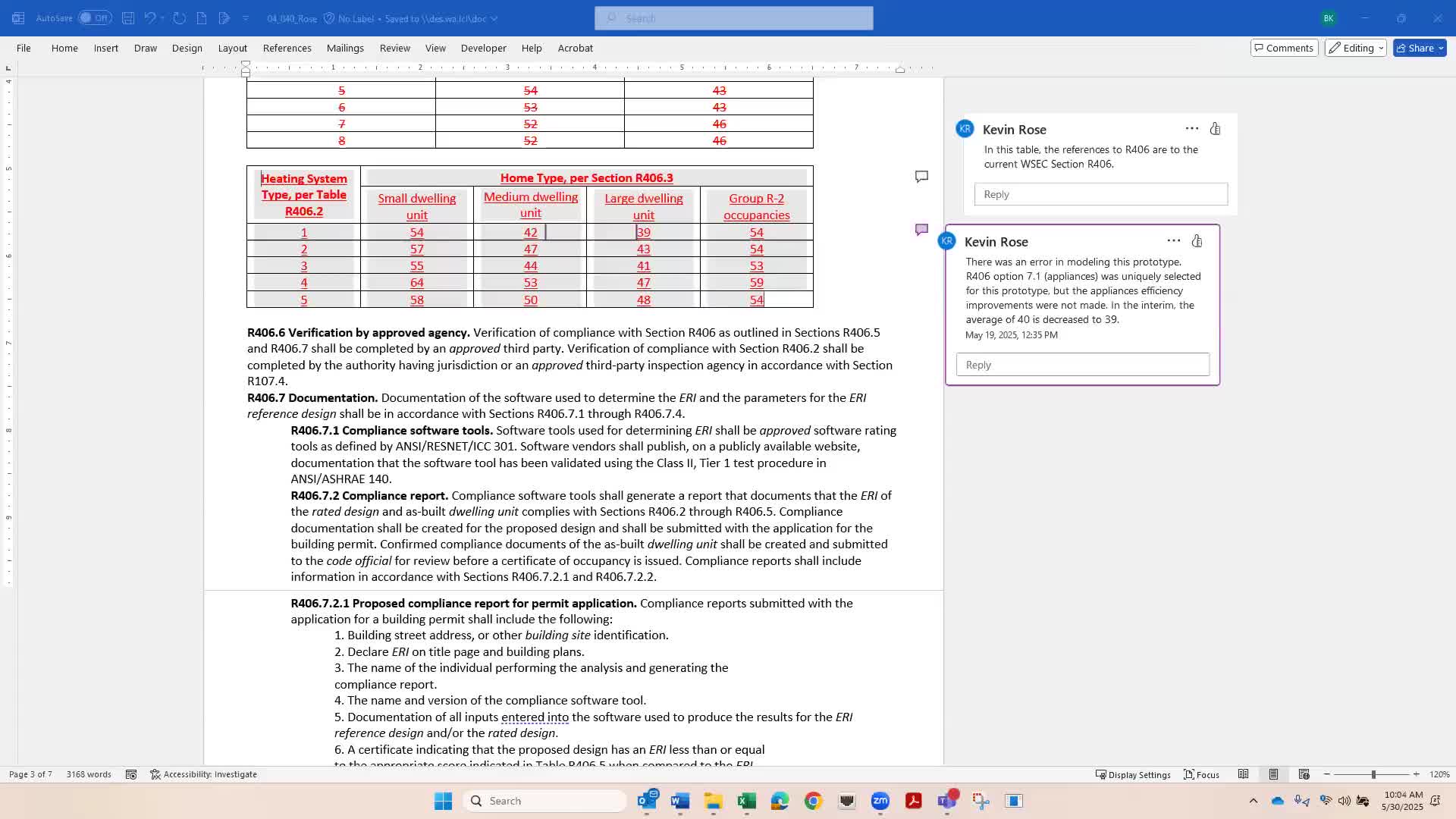Article not found
This article is no longer available. But don't worry—we've gathered other articles that discuss the same topic.

Some TAG members support electric‑readiness appendix; opponents cite legal and affordability concerns

Washington TAG debates adopting IECC as base code; members split on timing and workload

TAG discusses mandatory heat‑recovery ventilation for cold climates; members form technical questions and suggest credits path

